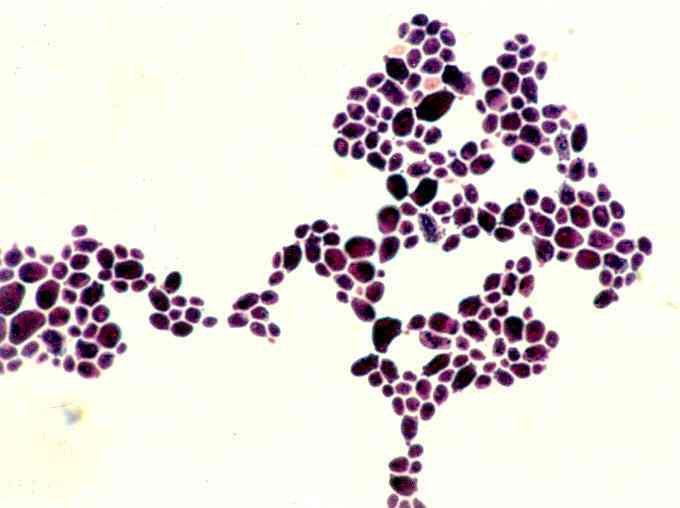Female genital tract samples (hvs vaginal vulval cervix cx iucd candidiasis vaginitis trichomoniasis tv bv gonorrhoea pid)
Microbiology
Notes

- Routine examination of high vaginal swabs (HVS) includes microscopy for bacterial vaginosis (BV) and Trichomonas vaginalis (TV) and culture for Candida, Lancefield Groups A, C and G streptococci and Staphylococcus aureus
- Endocervical swabs are required for the diagnosis of gonococcal infection. They are NOT an optimal sample for the diagnosis of Candida, BV or TV
- Vulval swabs are cultured for Candida, Lancefield Groups A, C and G streptococci, Staphylococcus aureus and in children Haemophilus influenza
- Urethral swabs are not normally required for microbiological investigation
- IUCDs may be examined if Actinomyces infection is suspected
- Listeria culture can be performed in cases of intrauterine death, septic abortion and miscarriage
- Candida sensitivity testing is available on request for cases of recurrent or recalcitrant candidiasis
- See also:
- The information given here is intended for use by healthcare professionals. Please see Lab Tests Online-UK for more general advice, links and background.
Sample requirements
Standard charcoal transport swab
Place swab into transport medium

Instructions for self-collected vaginal swabs
Required information
- Relevant clinical details:
- Suspected STI
- Pregnancy and gestation point
- Intra-uterine death, septic abortion or miscarriage
- PID
- PROM or SROM
- Gynaecological surgery
- Suspected Bartholin's abscess
- Current or recent antibiotic therapy
Storage/transport
Store and transport at room temperature
Turnaround time
2 - 5 days
Investigation for Actinomyces will take 10 - 14 days